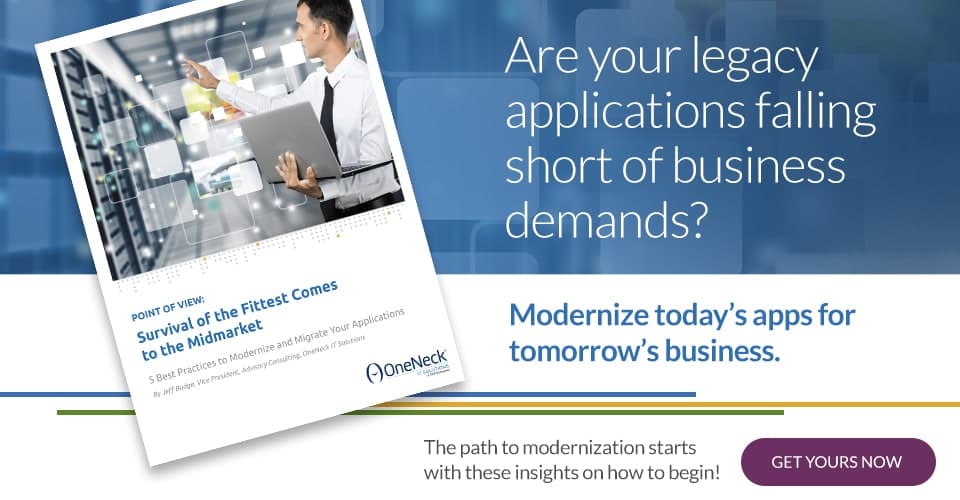Roll Out the Red Carpet for IT Transformation

The digital economy is in high gear, so IT can’t just stick to the same old script. As competition heats up in today’s fast-paced digital environment, business stakeholders are demanding that IT accelerate processes, better support the enterprise and play a starring role in digital transformation. You may have already made some headway, but it’s not exactly clear what will generate a real transformation in how IT does business.
One thing’s for sure – it’s time to rewrite the IT script. Make significant improvements and you just might get a standing ovation from the senior leaders, employees and customers. Stay in place and you’re likely to struggle to compete with those that are charging ahead and embracing digital transformation. So, while Hollywood rolls out the red carpet to celebrate the year’s best movies this weekend, maybe it’s time to roll out the red carpet for a future-ready IT organization as well…
Is IT Transformation Worth the Journey?
While IT strives to improve agility, innovation and leadership in identifying and leading new initiatives, many top executives perceive as IT holding them back. CIO Magazine’s 2015 study, “State of the CIO,” found that 33% of CIOs and 54% of non-IT executives believe that IT groups are “obstacles to non-IT groups’ missions.” This also implies that IT is perceived as neither optimizing value nor increasing ROI of technology investments.
According to a recent study by IDC, the most future-ready organizations increased revenue over the past three years by 37% compared to 18% at traditional organizations. They also found that employee productivity gains showed a wide gap with a 39% improvement rate for transformation-ready organizations compared to 20% at traditional companies. So how can you enable this type of growth?
Want to learn more about starting your transformative journey?
Download this Dell EMC sponsored IDC report: IT Organization Imperatives: Key Behaviors to Drive IT Transformation
IT Transformation Requires a New Approach
Transforming IT requires building a culture that is comfortable with experimentation and open to new and evolving processes. One overarching approach is to get rid of the isolation that is found in many IT groups—a counter-productive situation that prevents IT from moving in a positive direction to support the larger enterprise as it strives to reach its objectives. Transformation has invigorated some IT organizations and thwarted others. So, how can IT star in driving transformation? Here are some tips to consider:
- Forge strong Line of Business (LOB) relationships. Form and maintain strong ties to all lines of the business so you can more quickly anticipate and respond to changing requirements. You’ll see increases in both LOB performance and technology Return on Investment (ROI).
- Develop a strong service orientation. The customer is #1. Work with LOBs to identify and prioritize effective, empowering technology solutions that make the biggest impact on customer interaction and satisfaction.
- Support smart financial management. Align new technologies and IT infrastructure with financial management and operational procedures, such as supply chain and resource allocation.
- Leverage forward-looking technology. Business-aligned IT processes and infrastructure will result in agility and a greater competitive edge. The enterprise will more quickly adapt to marketplace conditions, IT will better anticipate and respond to business demands and you’ll enable better decision-making.
IT Must Play a Leading Role Driving Successful Transformation
Is it time for IT transformation to make its debut at your organization? Play a central role driving agility and accelerating growth by working closely with LOBs, aligning IT with business goals and focusing on your customers’ evolving needs.
Additional Resources:





